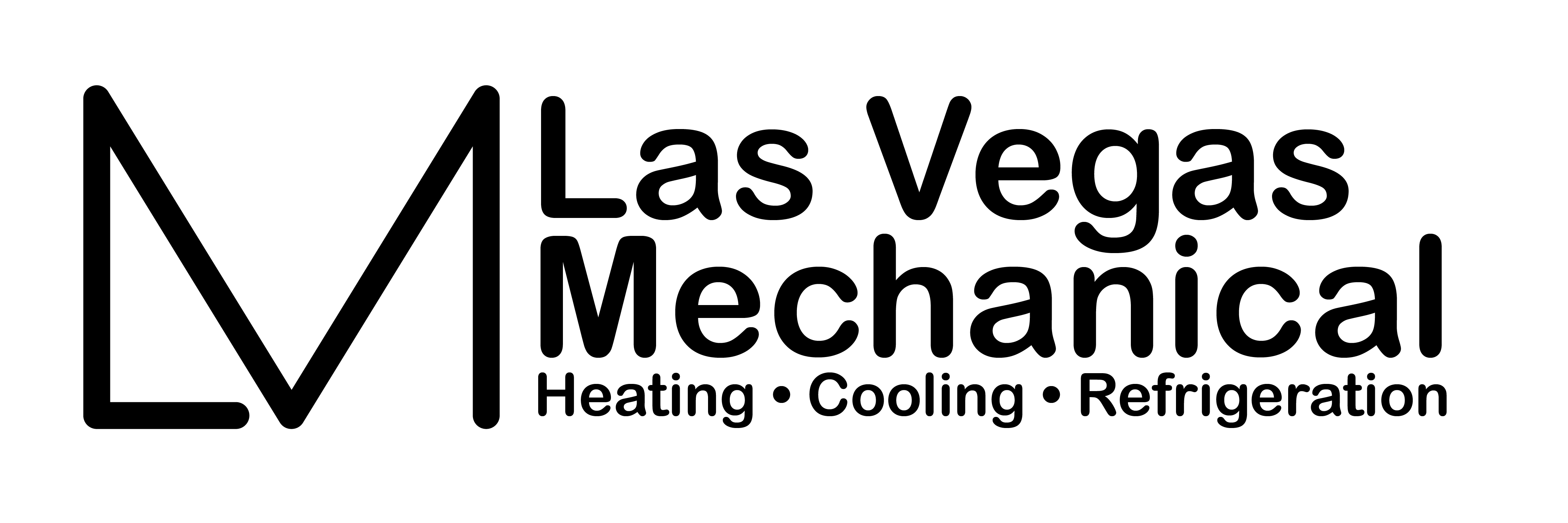HVAC, or Heating, Ventilation, and Air Conditioning, systems are critical components of many buildings, from homes to commercial spaces. They help to regulate indoor temperatures, maintain air quality, and keep occupants comfortable. Like any mechanical system, HVAC systems require maintenance to operate efficiently and prevent breakdowns. In this essay, we will discuss what is normal maintenance in HVAC and why it is important.
Normal maintenance in HVAC refers to routine inspections, cleaning, and repairs that are performed on a regular basis to keep the system functioning at peak performance. Some examples of normal maintenance activities include changing air filters, inspecting and cleaning coils, checking refrigerant levels, lubricating moving parts, and inspecting electrical connections.
Changing air filters is one of the most critical maintenance activities for HVAC systems. Air filters help to trap dirt, dust, and other airborne particles, preventing them from circulating through the system and into the building. Over time, filters become clogged, reducing the system’s efficiency and potentially leading to breakdowns. HVAC technicians typically recommend changing filters every three months, although this may vary depending on the system and the building’s usage.
Cleaning coils is another important maintenance activity. Over time, evaporator and condenser coils can become dirty and clogged, reducing the system’s ability to cool or heat the air efficiently. HVAC technicians will typically inspect and clean these coils during routine maintenance visits to ensure that the system is operating at peak performance.
Checking refrigerant levels is also an important part of normal maintenance in HVAC. Refrigerant is the substance that cools or heats the air in the system. If the refrigerant levels are low, the system will not be able to operate efficiently, and it may even break down. HVAC technicians will typically check refrigerant levels during routine maintenance visits and add more refrigerant if necessary.
Lubricating moving parts and inspecting electrical connections are also critical maintenance activities. Lubricating moving parts, such as fan motors and belts, helps to reduce friction and prevent wear and tear. Inspecting electrical connections helps to identify any potential hazards, such as loose wires or corroded terminals, that could lead to a breakdown or even a fire.
In conclusion, normal maintenance in HVAC is critical to ensuring that the system operates efficiently and reliably. HVAC systems are complex and require regular maintenance to prevent breakdowns, improve indoor air quality, and ensure that occupants are comfortable. Building owners and managers should work with qualified HVAC technicians to establish a regular maintenance schedule and ensure that their systems receive the necessary care and attention to operate at peak performance.
